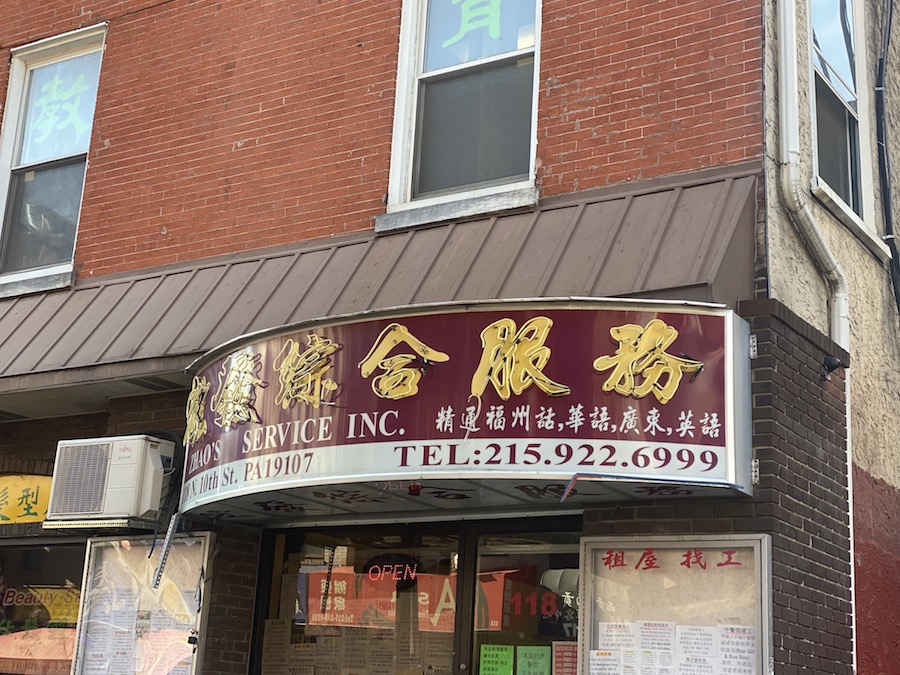Language Log readers will be aware that "Chinese", i.e., "Mandarin" (Guóyǔ 國語), is not the only language on the island. Indeed, it is a Johnny-come-lately, having become the official language of the Republic of China on Taiwan in 1945, and was strongly enforced as such after 1949 when the retreating mainland KMT armies of Chiang Kai-shek occupied the island.
The earliest indigenous languages of Taiwan (Formosa) were Austronesian. And we should not forget that there was a period of partial Dutch rule (1624-1662), especially in the south, and Spanish Formosa (Formosa Española) was a small colony of the Spanish Empire established in the northern part of the island from 1626 to 1642. Consequently, both Dutch and Spanish had an impact on the linguistic development of Taiwan during the 17th century. The first Europeans to take notice of Taiwan, however, were the Portuguese who, passing Taiwan in 1544, recorded in a ship's log the name of the island as Ilha Formosa ("Beautiful Island").
Taiwan was a dependency of Japan from 1895 to 1945, during which period Japanese was the official language. As such, it was important for the development of language on the island, and its significance lasts till today.
The influence of English in Taiwan has been enormous during the last two centuries.
See "Languages of Taiwan".
Read the rest of this entry »


